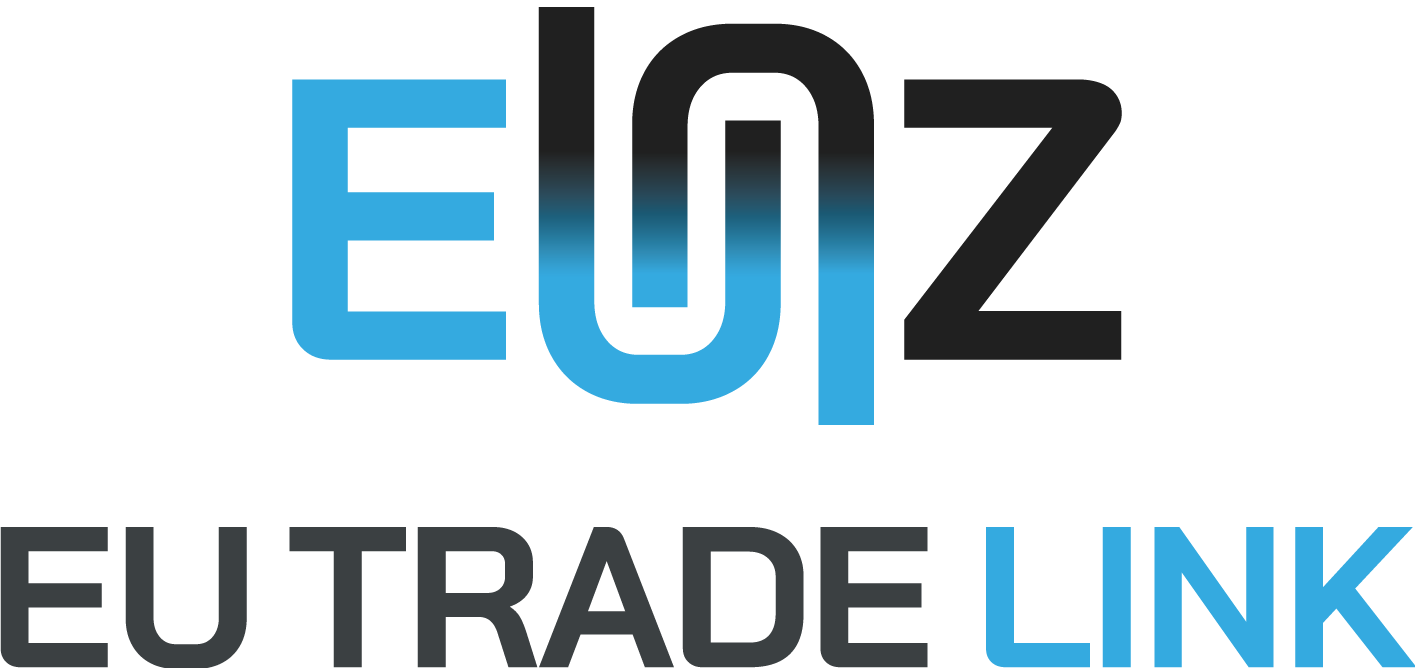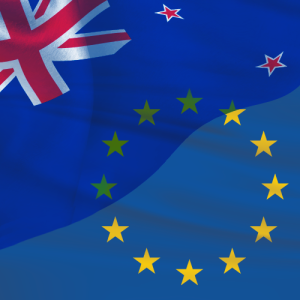The Government has launched Invest New Zealand, a new initiative aimed at making New Zealand a top destination for foreign direct investment (FDI). This agency will focus on attracting capital to critical infrastructure, fostering innovation, increasing R&D, and enhancing global connections. Incubated within New Zealand Trade and Enterprise (NZTE), it will transition into an autonomous agency to drive international investment and economic growth.
Full PostIn a pivotal moment for New Zealand’s international trade relations, the New Zealand International Business Forum (NZIBF) and Export NZ have come forward to support the New Zealand – European Union Free Trade Agreement Legislation Amendment Bill. As representatives of a broad spectrum of New Zealand’s export sector, their submission underscores the critical balance between seizing new market opportunities and addressing the technical concerns that may arise from the agreement’s implementation.
Post Summary:
This submission, presented on behalf of the New Zealand International Business Forum (NZIBF) and Export NZ, reflects the collective stance of New Zealand’s senior business leaders and a diverse range of exporters in favour of the New Zealand – European Union Free Trade Agreement (FTA). Despite reservations regarding the agreement’s comprehensiveness, both organisations advocate for the legislative progression needed to activate the FTA, emphasising the potential for overcoming technical hurdles.
The NZIBF, a voice for New Zealand’s international business community since 2007, and Export NZ, a division of BusinessNZ advocating for exporters, have consistently supported the agreement, albeit with qualifications. Their support hinges on the agreement’s ability to offer competitive advantages to sectors like kiwifruit, onions, other horticulture, honey including mānuka, wine, seafood, and manufactured products. However, concerns loom over limited access for dairy and beef and the potential impact of EU sustainability regulations on trade value, notably the EU’s Deforestation Free Supply Chain Regulation.
The submission addresses the implementing legislation’s detailed and technical nature, with particular attention to the expanded regime for geographical indications (GIs) and its implications for New Zealand food and wine producers. The call for a balanced approach to GIs, aligned with New Zealand’s intellectual property rights framework, highlights the need for careful legislative consideration to avoid undue burdens on local producers.
Furthermore, NZIBF and Export NZ advocate for legislative provisions facilitating EU investors’ access to New Zealand, aligning investment screening thresholds with those of other FTA partners. This aspect of the legislation underscores the broader aim of fostering an inclusive economic relationship between New Zealand and the EU.
Conclusion:
While recognising the New Zealand – European Union Free Trade Agreement’s potential to advance certain sectors, NZIBF and Export NZ’s submission to the Committee reflects a nuanced stance, advocating for the agreement’s passage with a keen awareness of its limitations and the need for ongoing dialogue and refinement. Their recommendations emphasize the importance of swift implementation to realise the agreement’s benefits, alongside a cautious approach to regulatory and legislative challenges. This submission serves as a testament to New Zealand’s commitment to constructive engagement in the global economy, balancing ambition with pragmatism in the pursuit of sustainable trade relations.
Recommendations to the Committee:
- Acknowledge NZIBF and Export NZ’s conditional support for the NZ/EU Free Trade Agreement Legislation Amendment Bill, emphasising the resolution of technical concerns.
- Recognise the importance of prompt agreement implementation to support sectors poised to benefit from the FTA.




